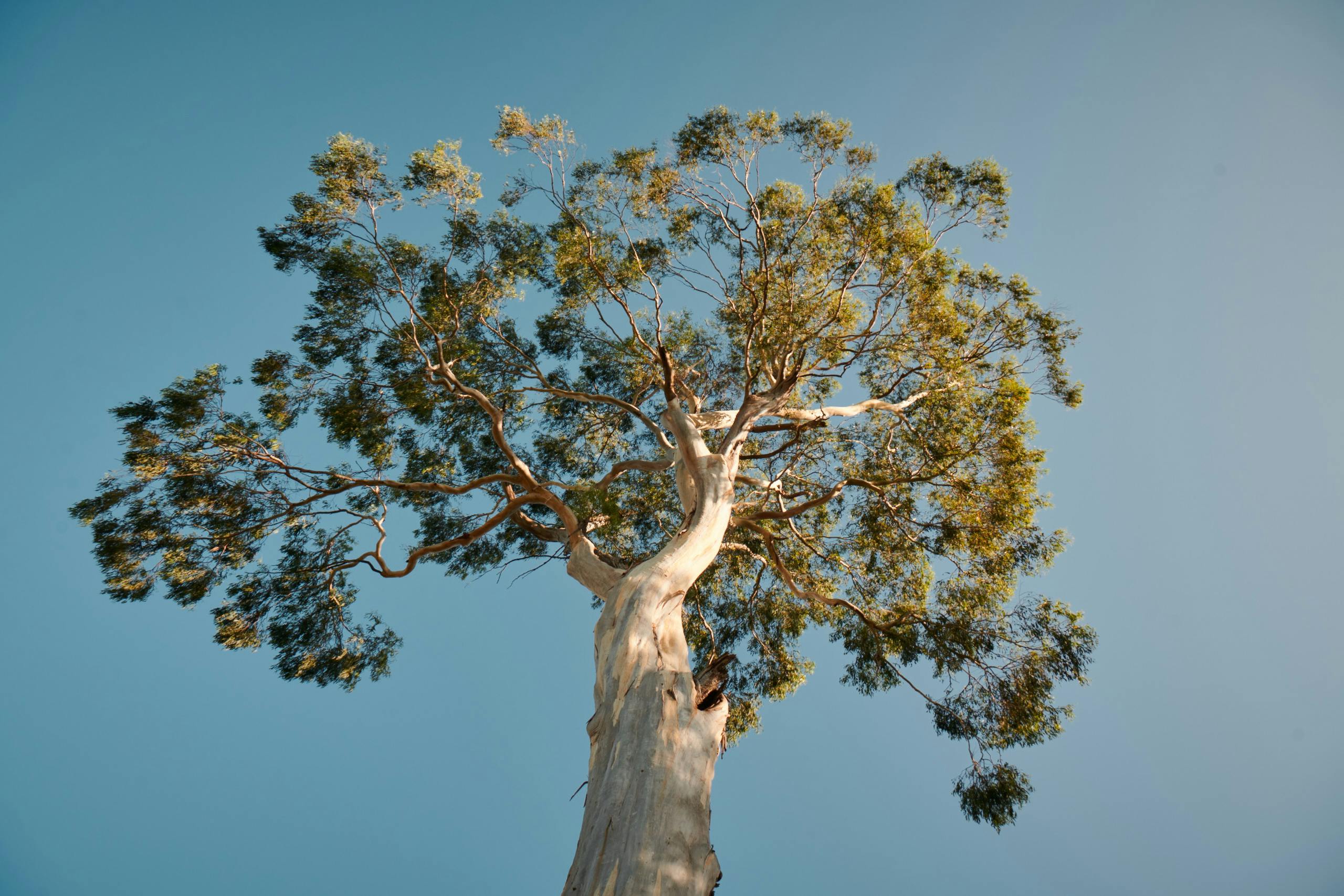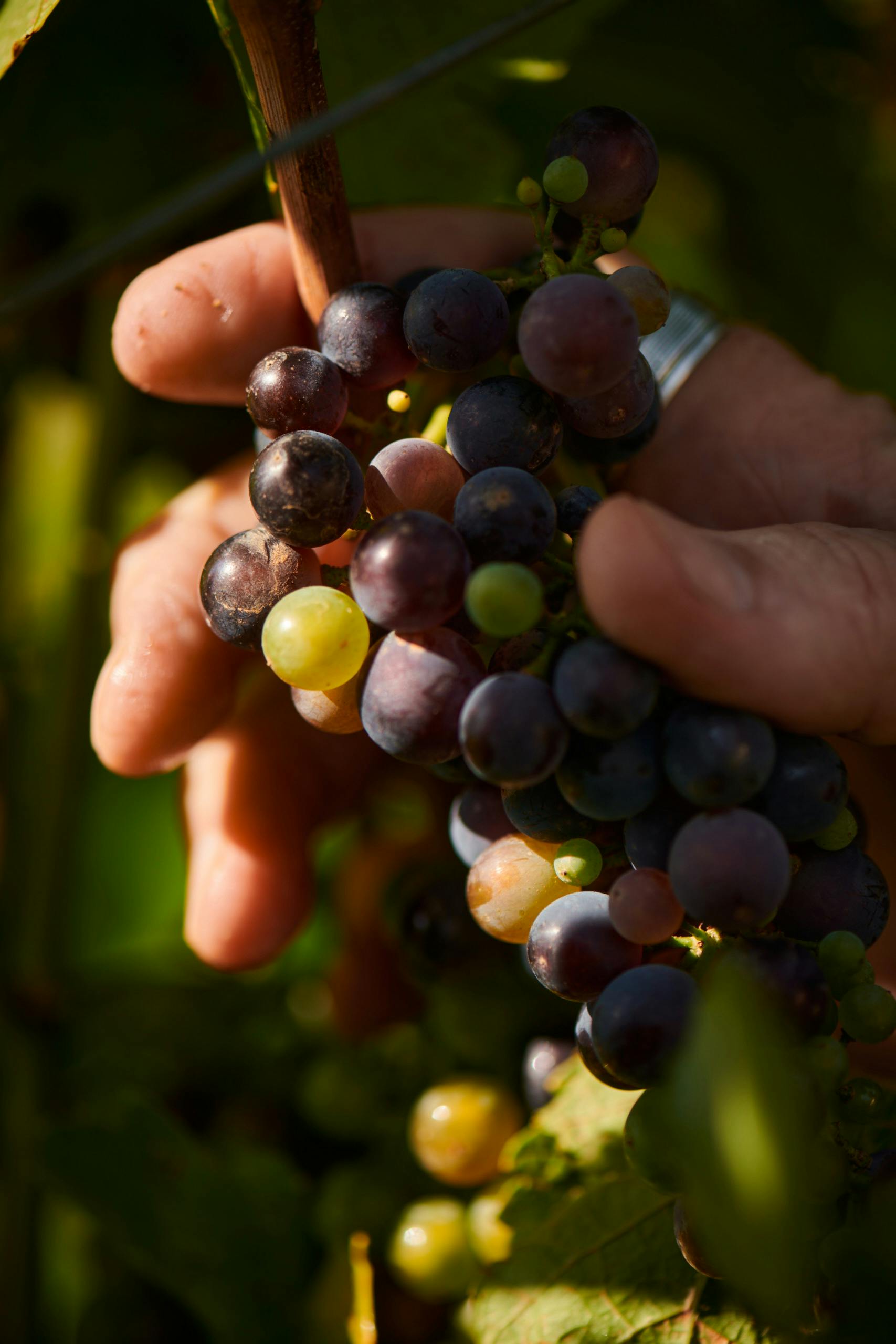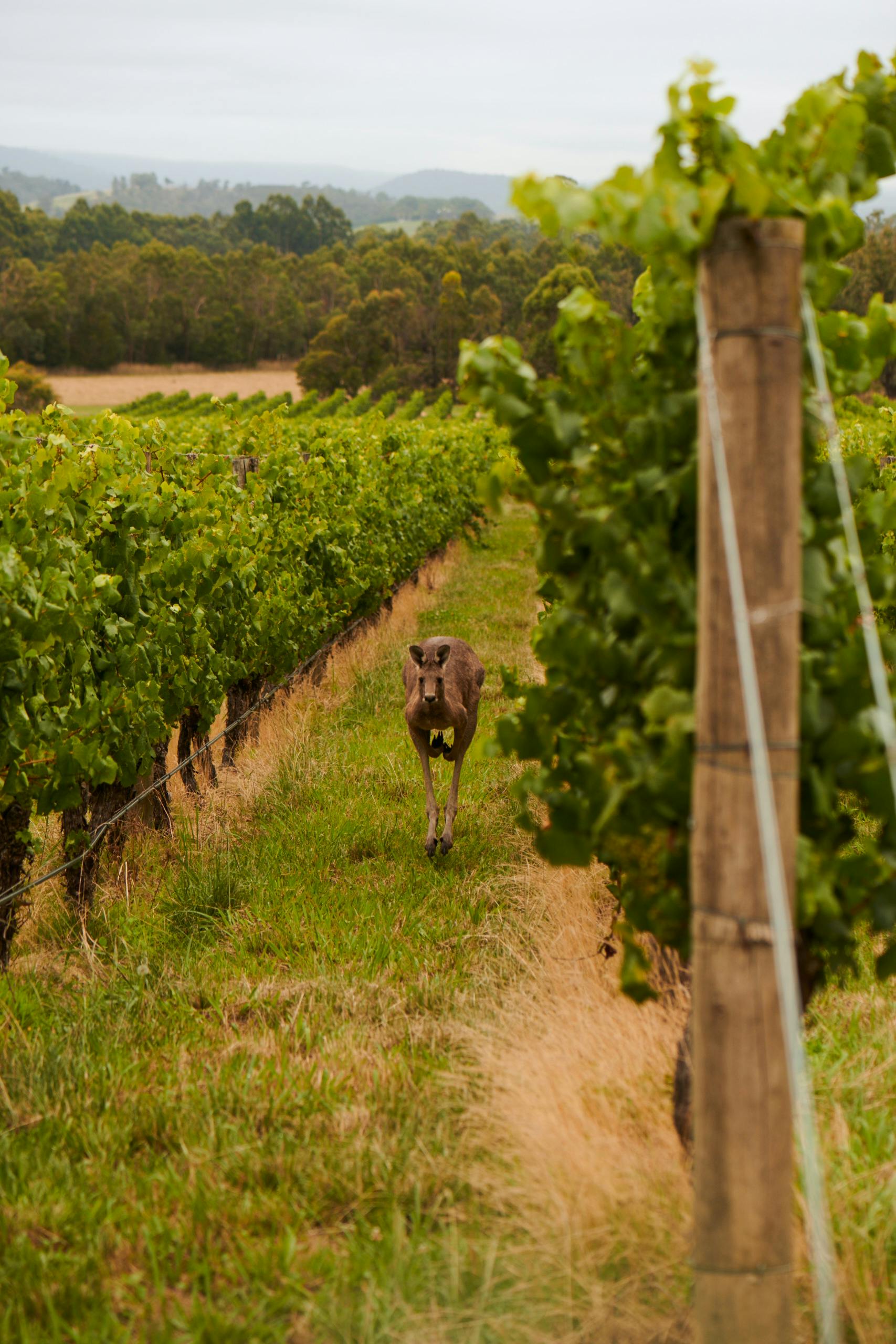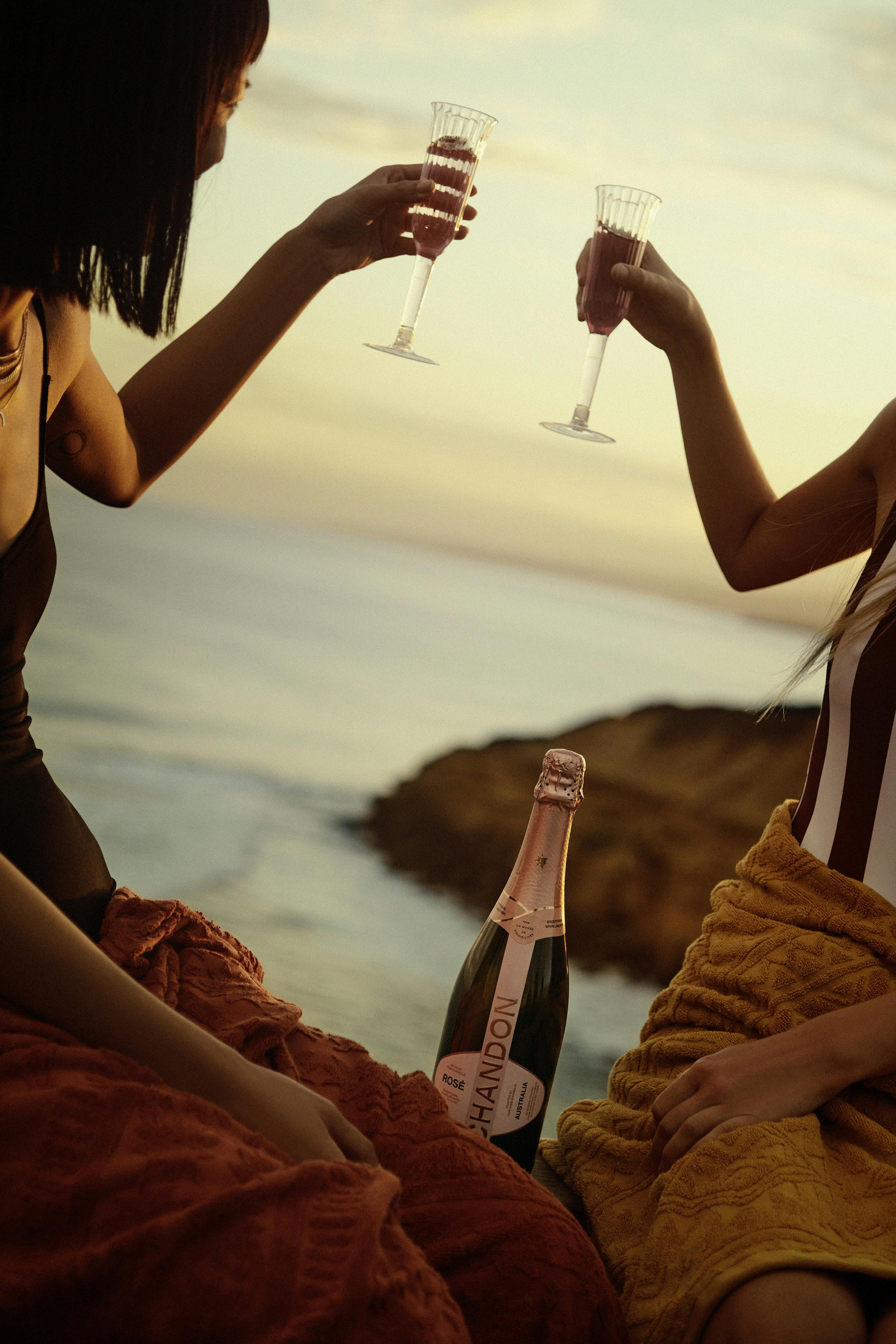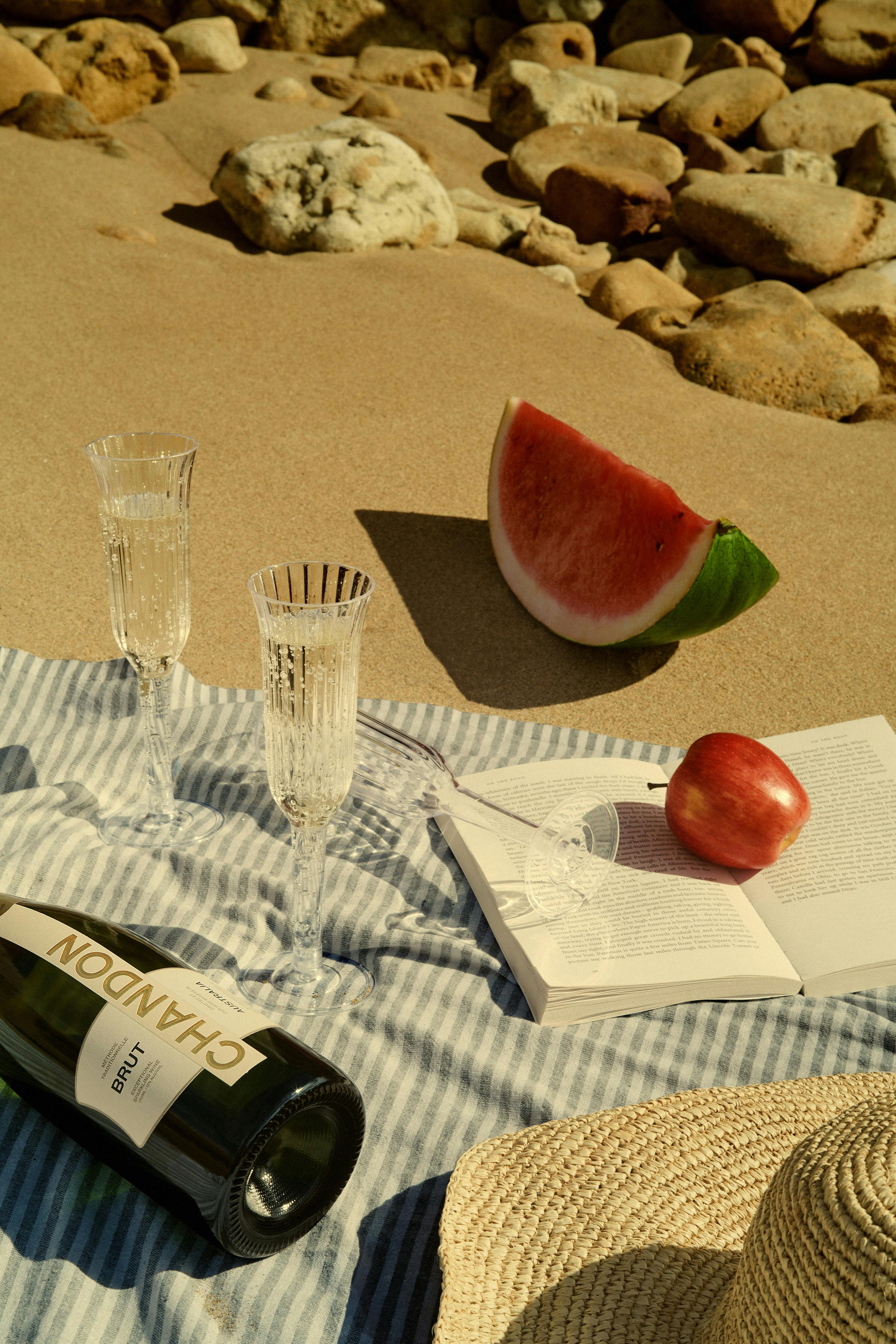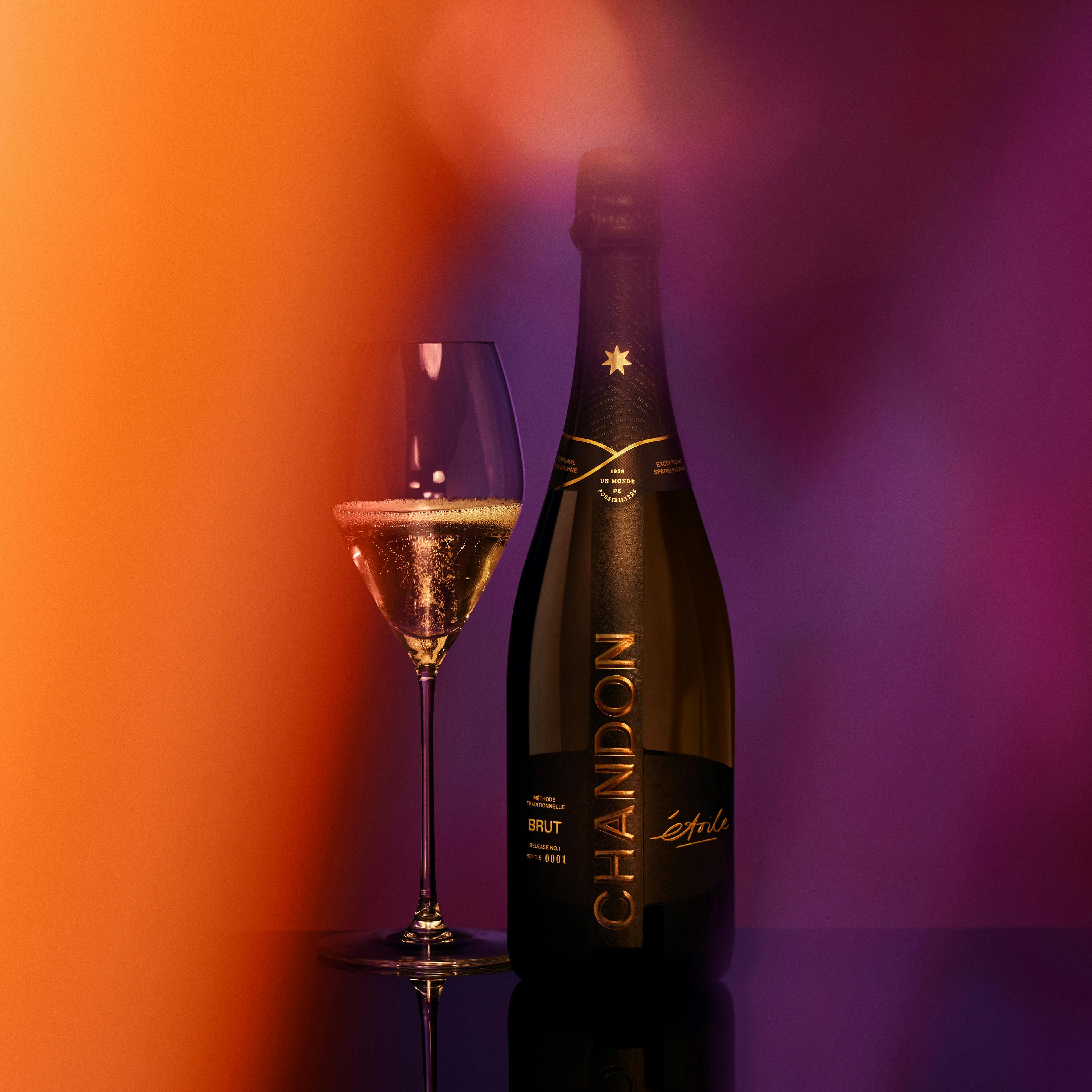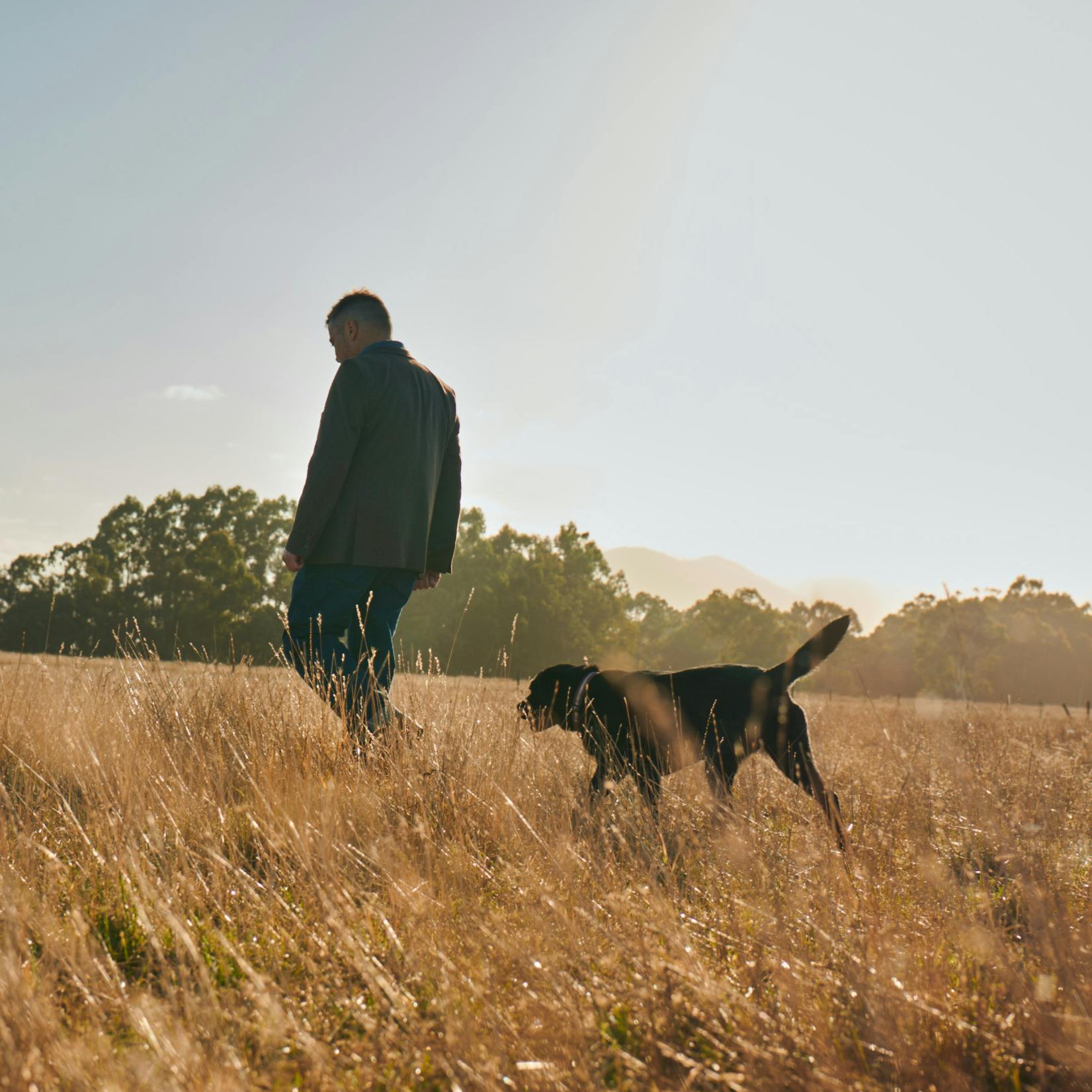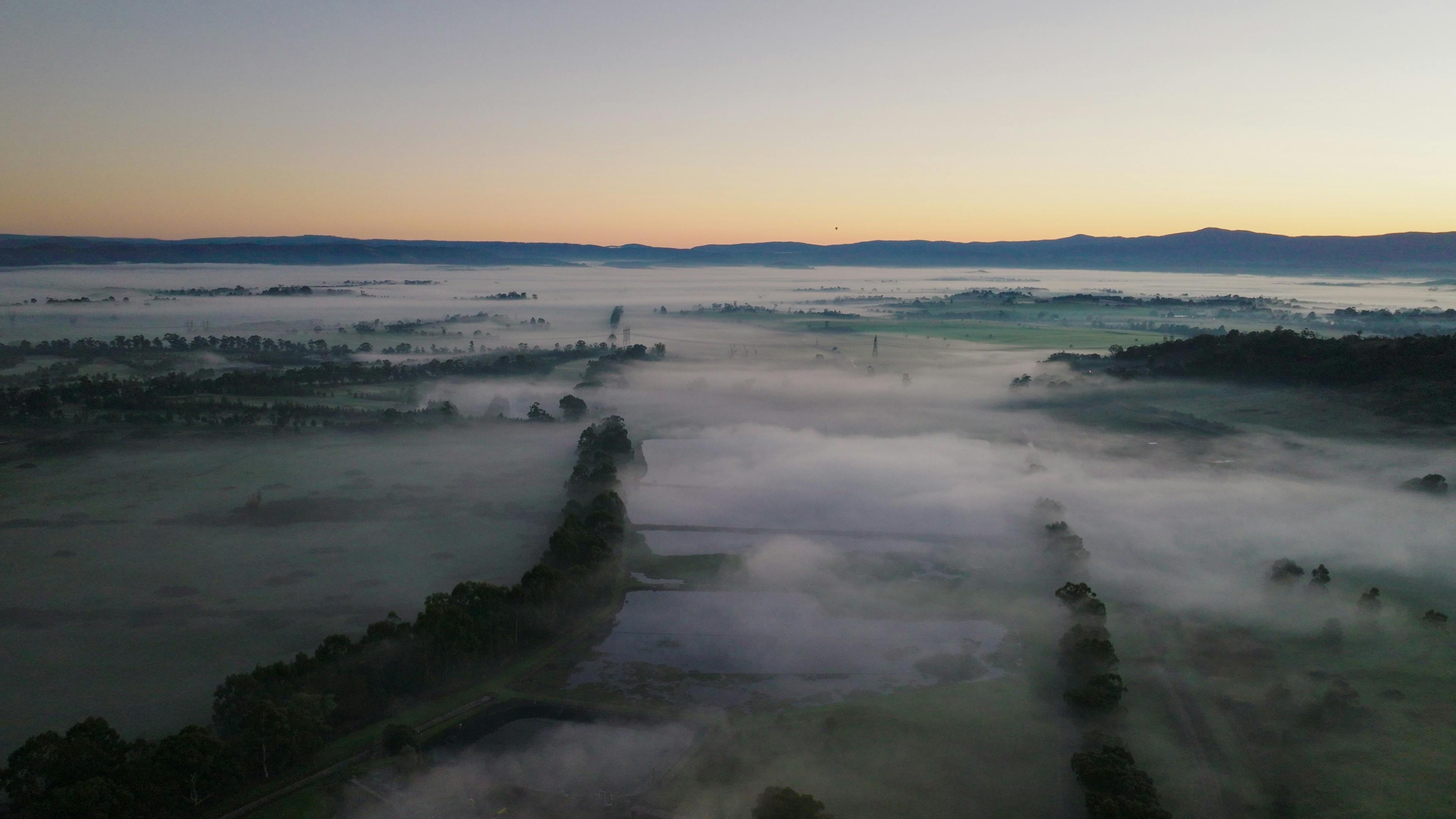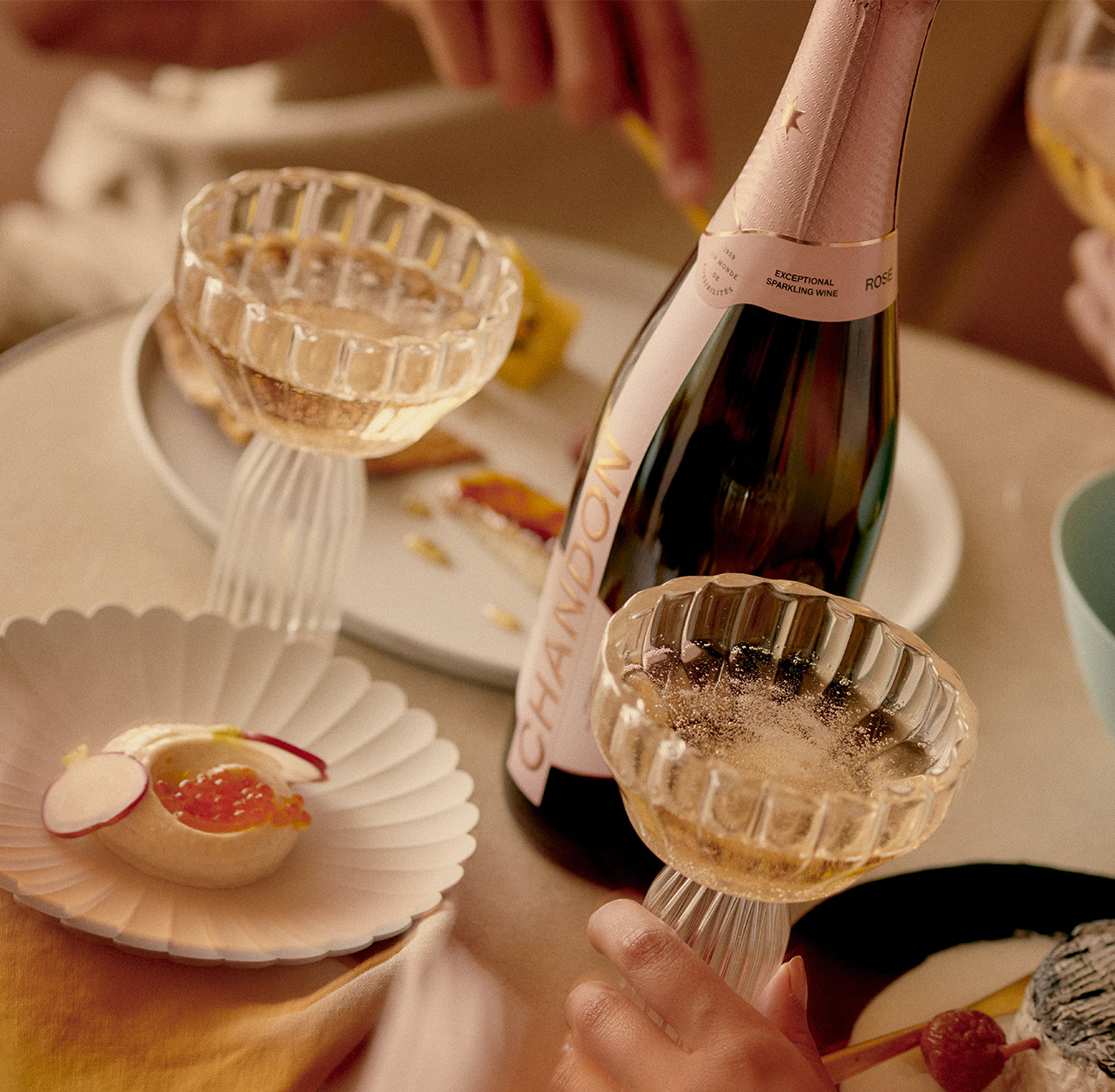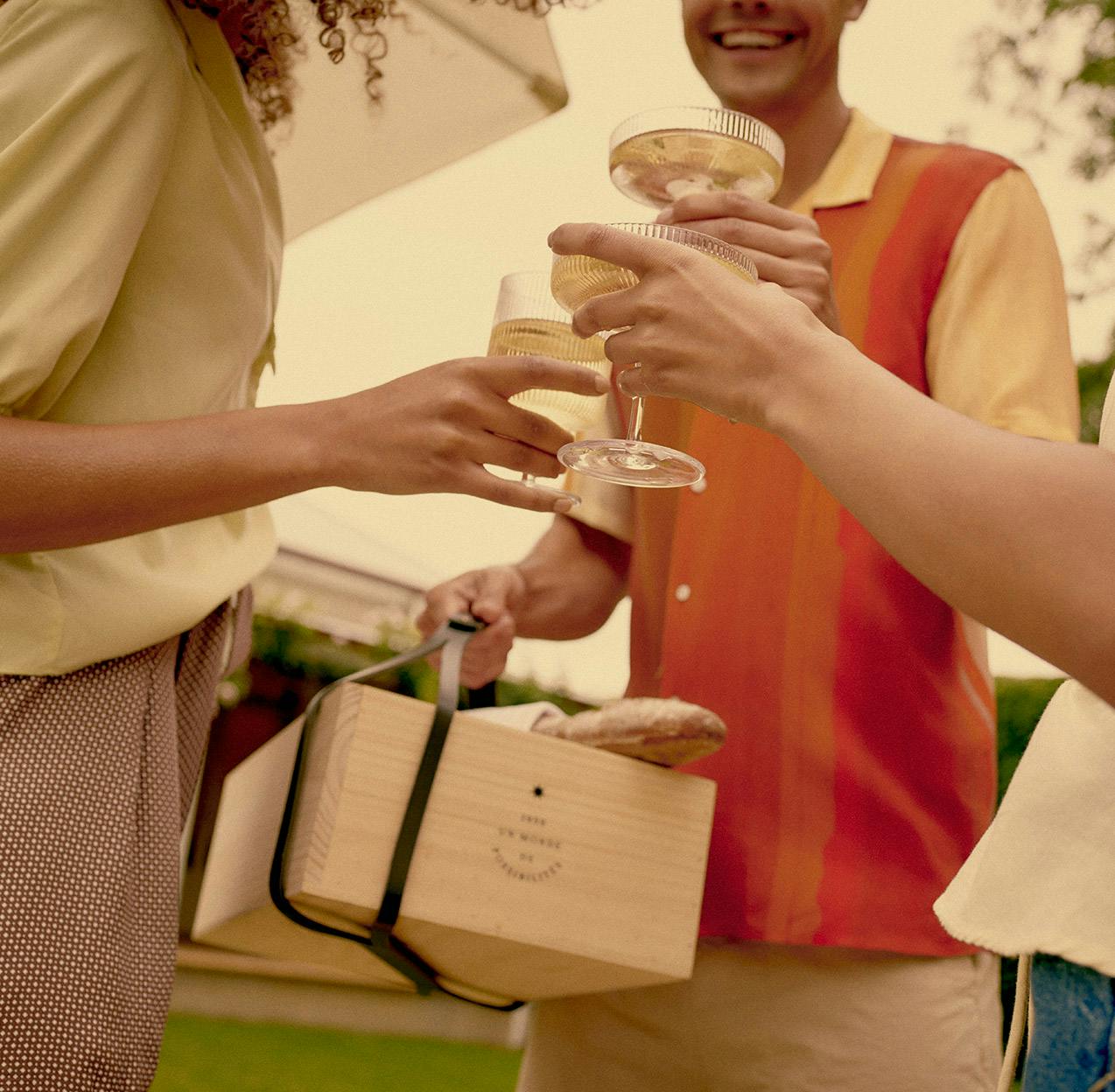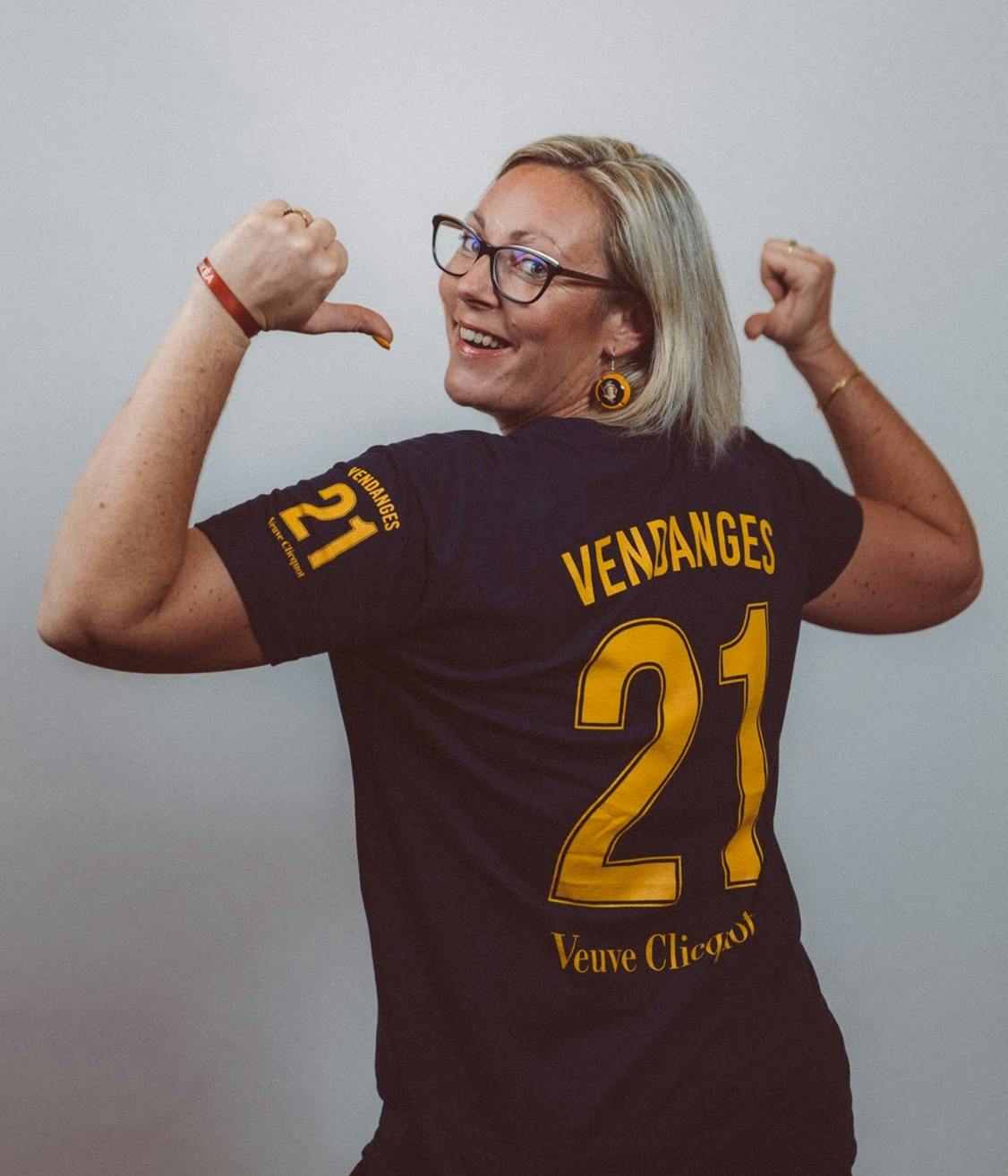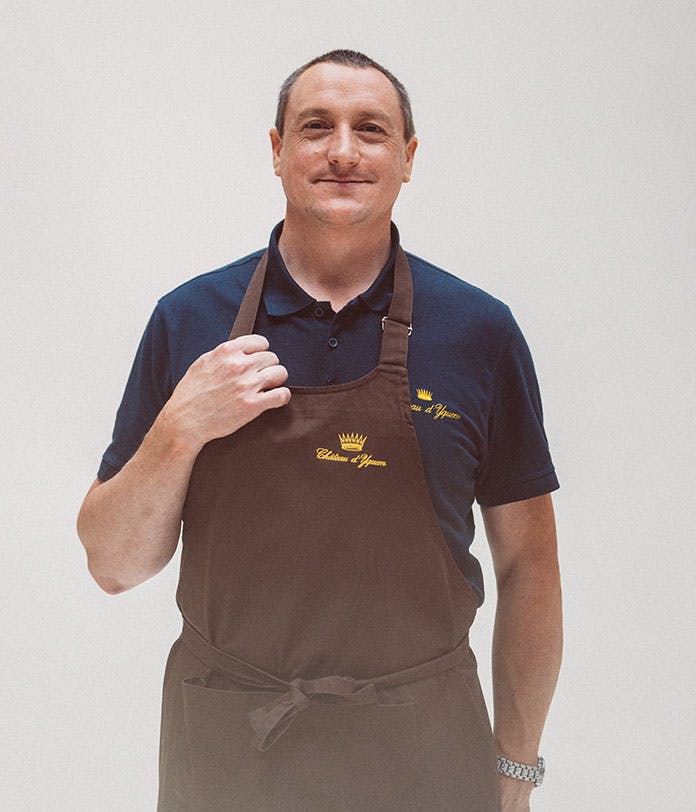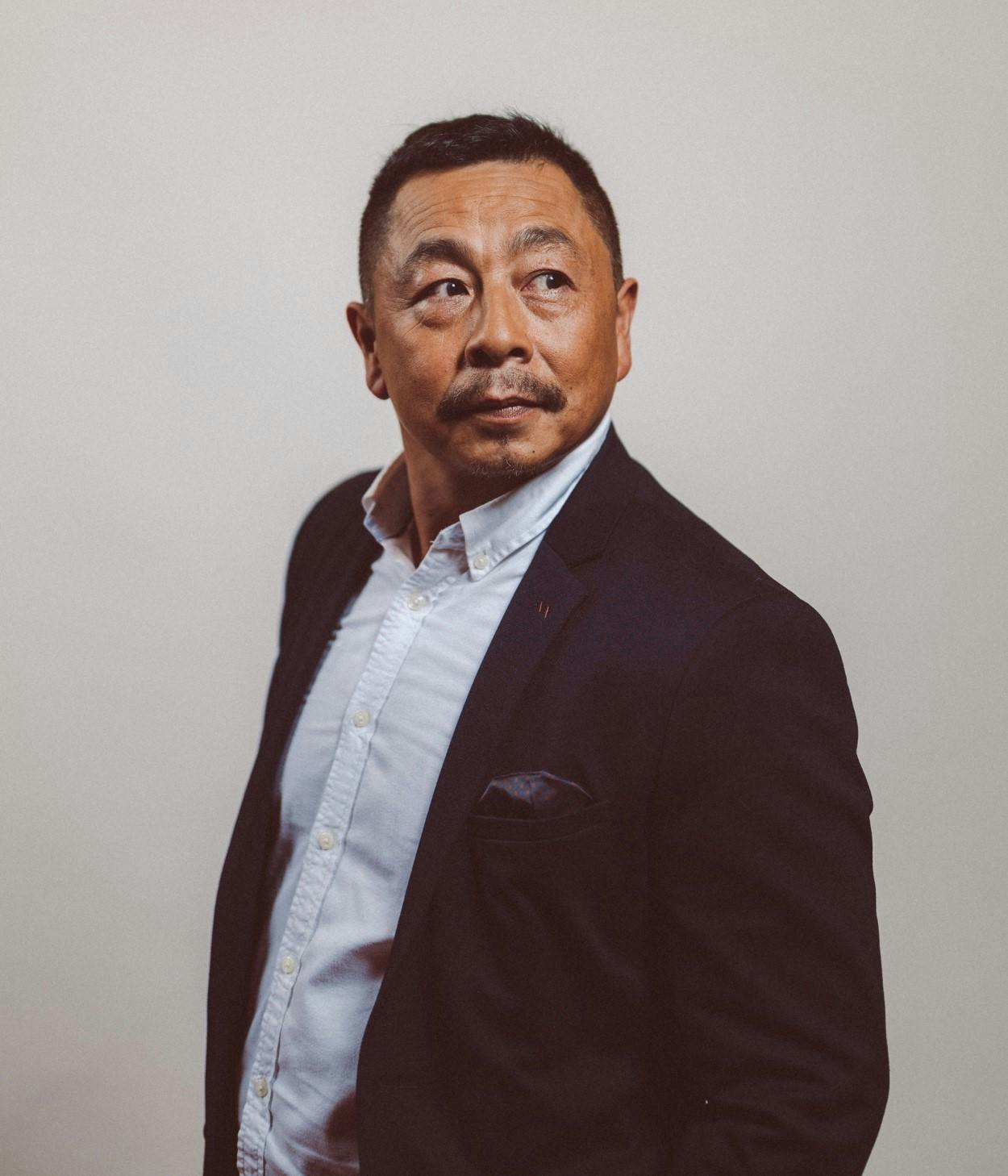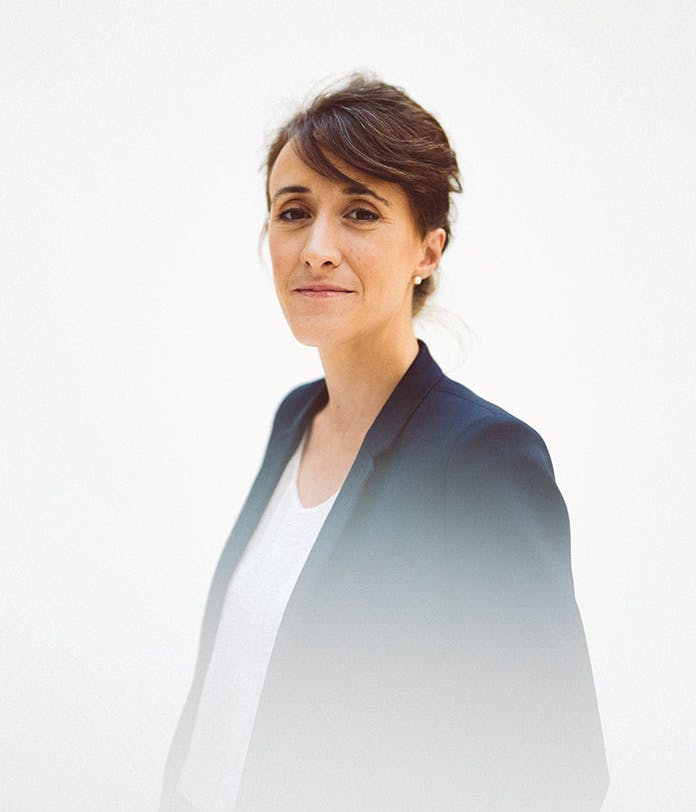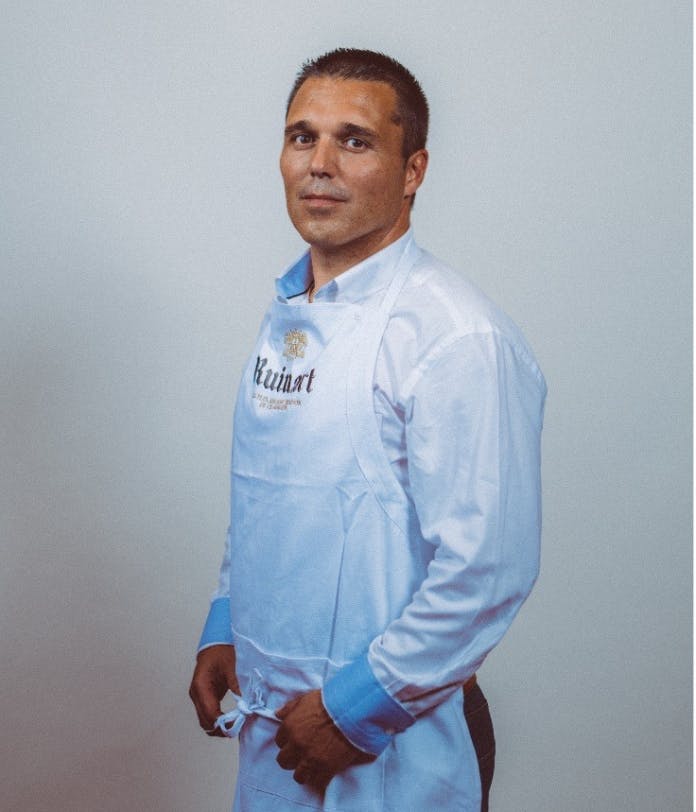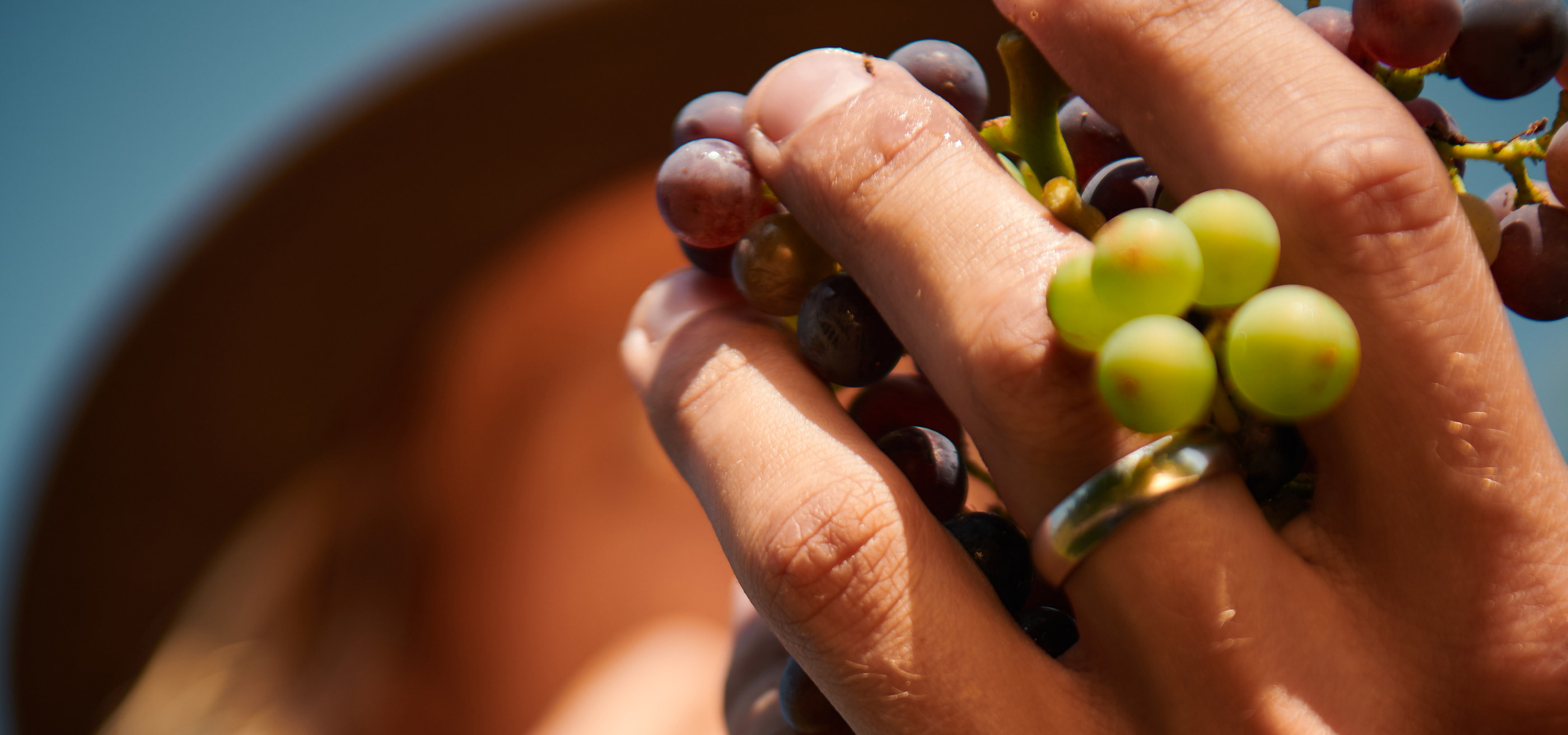
Chandon Australia
CEO
Susan Caudry (Estate Director)
Creation date
1986
Headquarters
Winery 727 Maroondah Hwy, Coldstream VIC 3770 - Australia
IdentityCHANDON AUSTRALIA
By the mid 1980s, Australia had a well-established wine tradition. That was for still wines. For quality reds, the Australian consumer was quite happy to buy Australian. But it was a different story for fizz.The thing was to find land. What Tony Jordan, CHANDON Australia first chief winemaker, wanted was a cool-climate area with enough diversity of terroir and climate to give him maximum blending options.
Jordan found Green Point, a tumbledown estate in Coldstream, an hour’s drive northeast of Melbourne, in the heart of the Yarra Valley, with view that would make an angel weep. He knew he’d struck gold.
Jordan found Green Point, a tumbledown estate in Coldstream, an hour’s drive northeast of Melbourne, in the heart of the Yarra Valley, with view that would make an angel weep. He knew he’d struck gold.
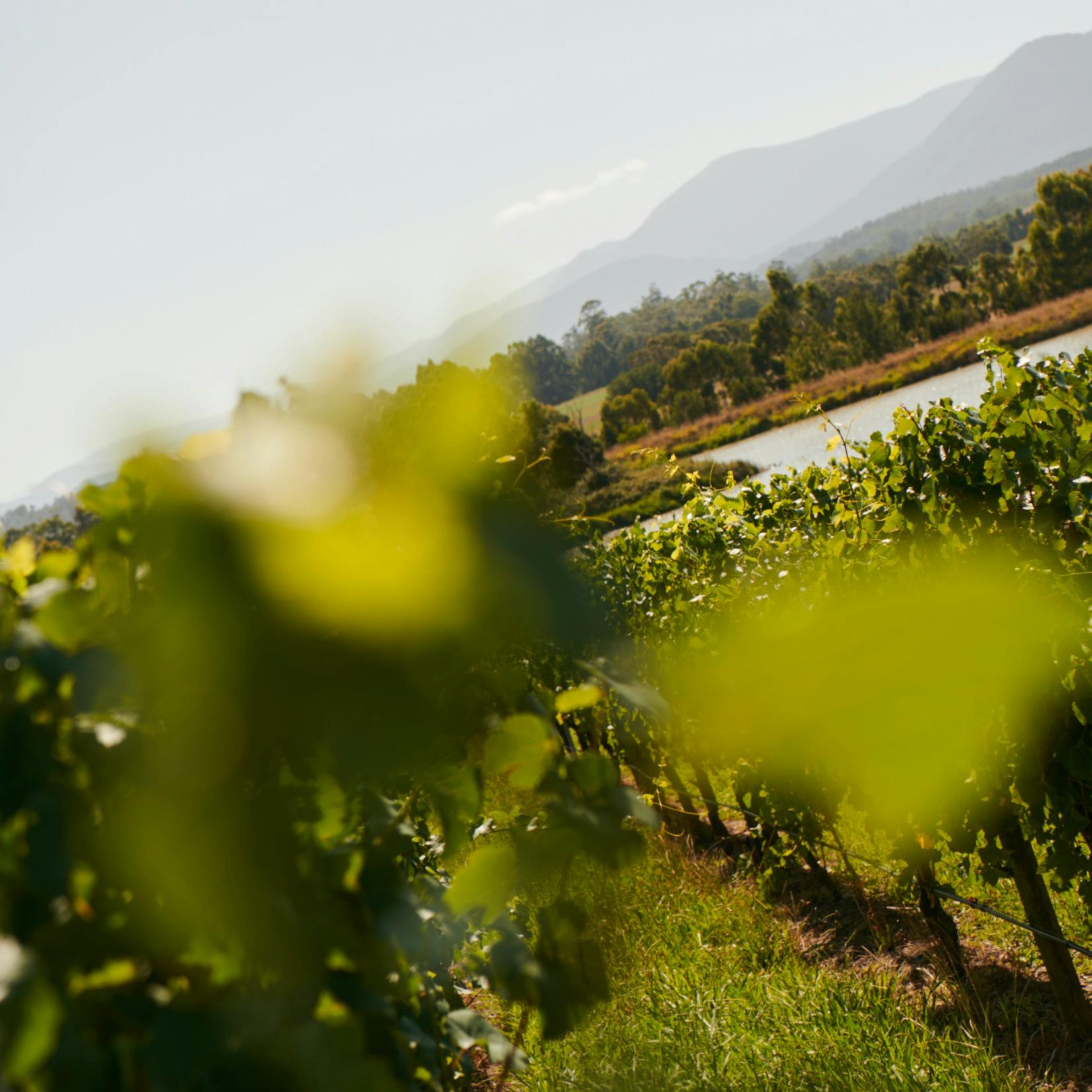
Because we don’t have the weight of hundreds of years of history on our shoulders, we can move around a little bit, explore. Inspiration is what prompts us to seek the unexpected, to look out into the world, to go beyond.
Dan Buckle
Chief Winemaker, CHANDON Australia
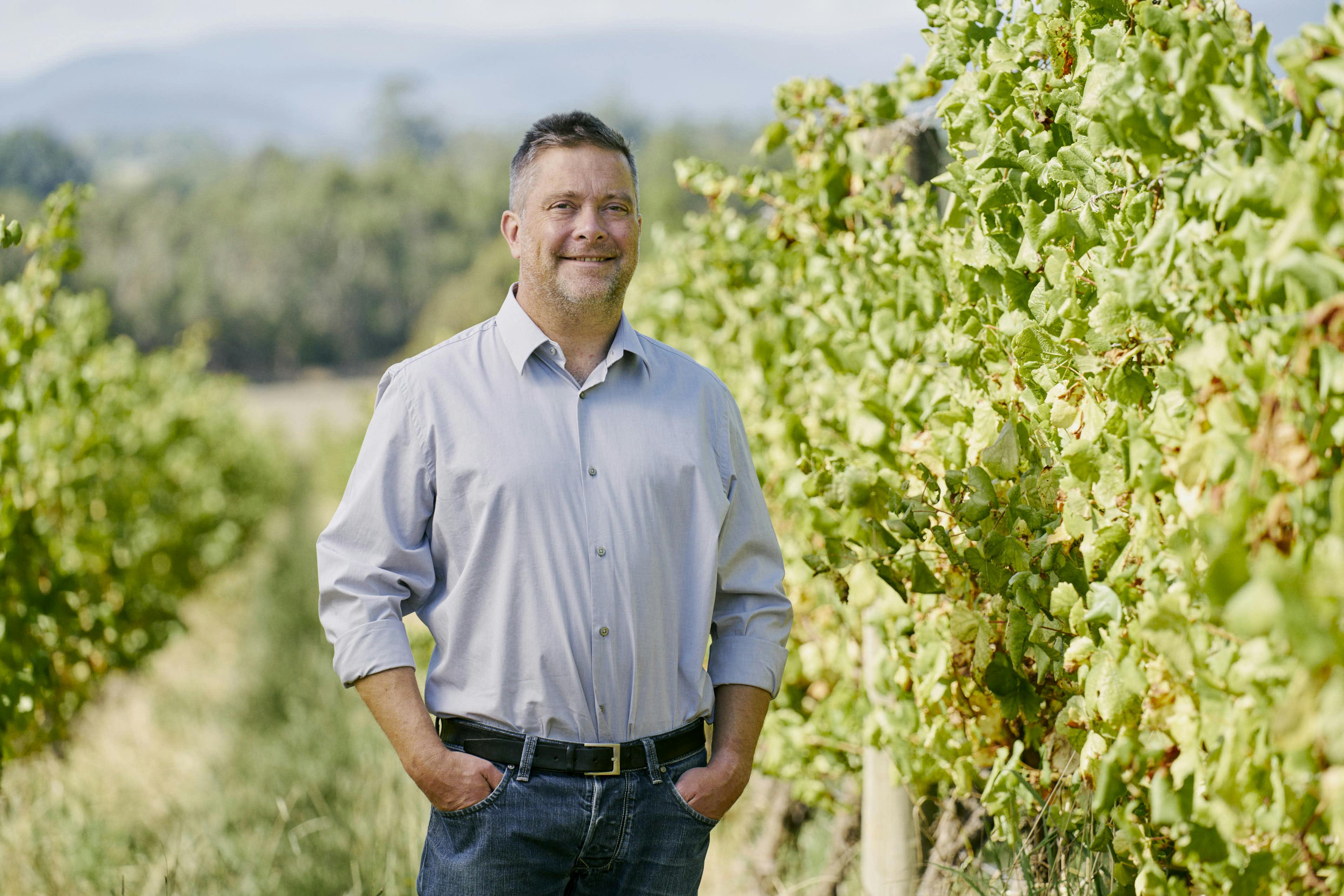
1986
DATE OF FOUNDATION OF CHANDON AUSTRALIA
1
BEST IN CLASS AUSTRALIAN SPARKLING WINE 2023 @THE CHAMPAGNE & SPARKLING WINE WORLD CHAMPIONSHIPS
97
POINTS FOR CHANDON TERROIR 2018 @ THE 2024 JAMES HALLIDAY WINE COMPANION
Visual representative of Chandon Australia's countryside, savoir-faire and identity
Visual representative of Chandon Australia's countryside, savoir-faire and identity
ICON
CHANDON VINTAGE BRUT
The Original. The first wine ever made at CHANDON Australia. A deliciously soft, fresh and creamy wine with incredible length and finesse. A showcase of our viticulture, heritage and know-how. Elected Best in Class Australian Sparkling Wine 2023 @The Champagne & Sparkling Wine World Championships, the “Oscars” of world’s bubble world.
The Original. The first wine ever made at CHANDON Australia. A deliciously soft, fresh and creamy wine with incredible length and finesse. A showcase of our viticulture, heritage and know-how. Elected Best in Class Australian Sparkling Wine 2023 @The Champagne & Sparkling Wine World Championships, the “Oscars” of world’s bubble world.
EVERYONE IS WELCOME AT OUR TABLE
Our home at Green Point in the Yarra Valley is an easy drive of around an hour from Melbourne; and what you find when you reach us is simply stunning. Guests can take a self-guided tour, learning about our pioneering vision and the craftsmanship involved in making quality sparkling wine.
Our property centers around our historic traditional-style homestead. It is linked to the original building by a picturesque colonnade. We have a beautiful restaurant and lounge bar with phenomenal views on to our vineyards and the surrounding Yarra Ranges. We encourage guests to explore their palates and experiment with unconventional food and wine pairings. Menus are geared towards sharing, since communal experience is at the heart of our ethos of inclusivity and warmth.
Our property centers around our historic traditional-style homestead. It is linked to the original building by a picturesque colonnade. We have a beautiful restaurant and lounge bar with phenomenal views on to our vineyards and the surrounding Yarra Ranges. We encourage guests to explore their palates and experiment with unconventional food and wine pairings. Menus are geared towards sharing, since communal experience is at the heart of our ethos of inclusivity and warmth.
Slide 1 of 2
TOWARDS A SUSTAINABLE AND RESPONSIBLE FUTURE
At CHANDON Australia we are actively involved in revitalising the network of billabongs on our Yarra Valley estate. These billabongs stretch along 2.9 km of Yarra River frontage within our property. Once thriving ecosystems brimming with native flora and fauna, these wetlands were integral to the rich biodiversity of the region, much of which was lost due to past human development. In partnership with Melbourne Water and Greening Australia, we have initiated plans for habitat rehabilitation and water quality enhancement. By planting hundreds of thousands of native trees and shrubs, the project aims to restore suitable habitats for endangered species, particularly the lowland Leadbeater’s Possum and the Helmeted honeyeater, while enhancing biodiversity and promoting sustainable ecosystems. Although still in the initial stages, these efforts will lay the foundation for a flourishing ecosystem that can once again become a sanctuary for native wildlife. Our environmental credentials were recognised in 2012 when we were accredited by Sustainable Winegrowing Australia – the Australian wine sector’s national environmental scheme. The accreditation, developed by the Winemakers’ Federation of Australia, formally certifies the contribution wine grape growers make towards responsible environmental management.
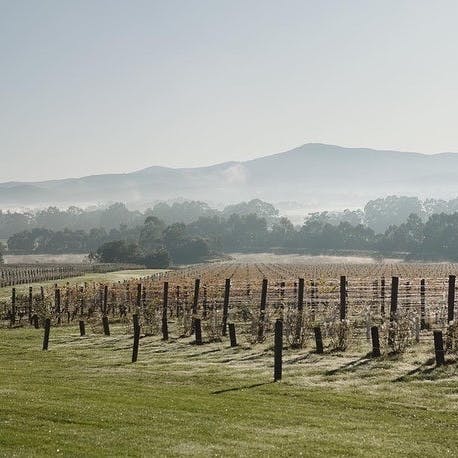
NewsWines & Spirits
Chandon Australia is part of Moët Hennessy
Chandon Australia


